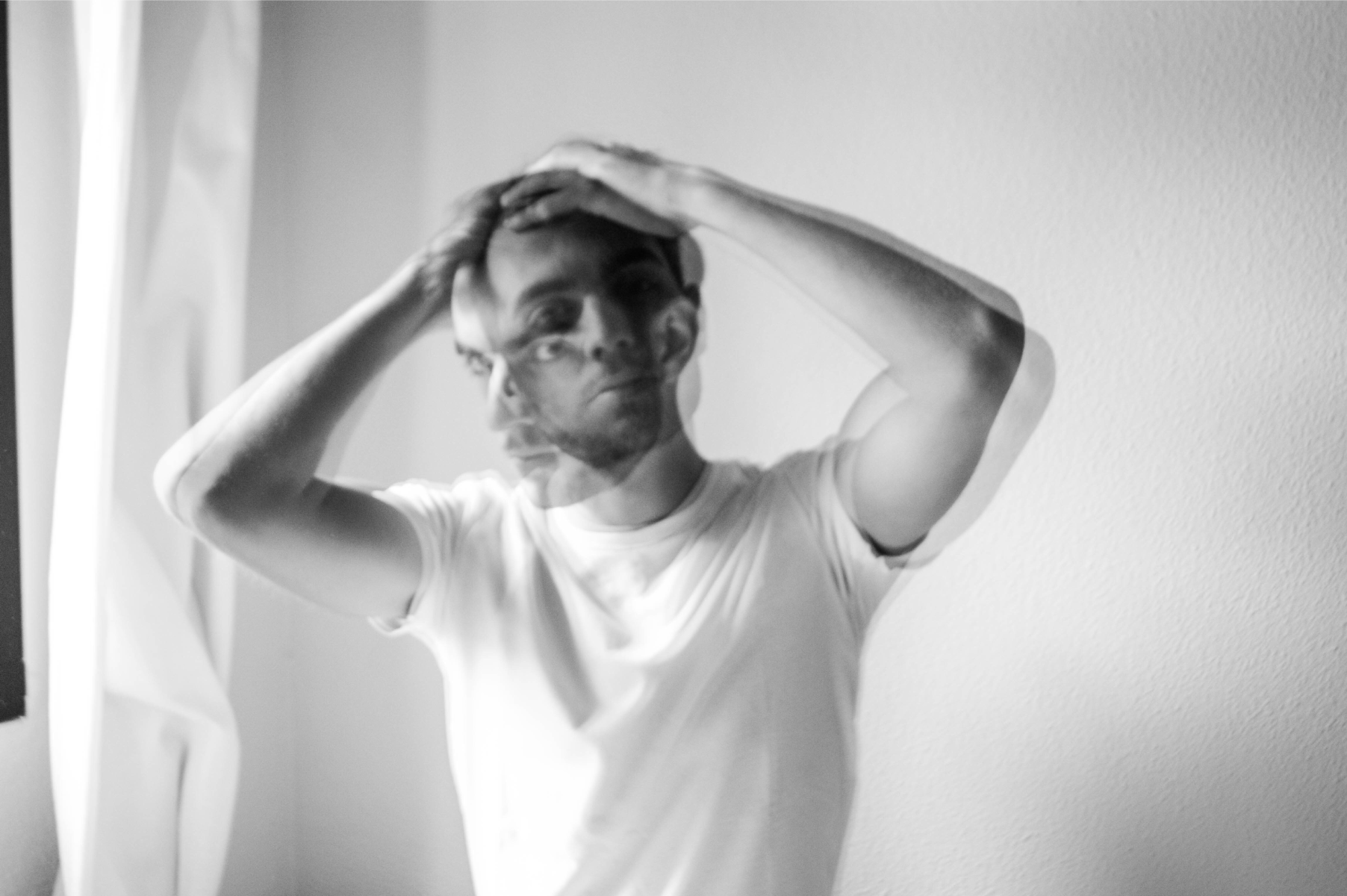How Do We Regain Control from an Eating Disorder?

Bipolar disorder is a mental health problem that causes intense mood swings. The symptoms can range from mania to depression. People suffering from this disorder may find it hard to manage everyday life because of its unpredictable nature.
Even though there is no cure for bipolar disorder, the symptoms can be managed with proper treatment, from medication to therapy.
Signs Of Bipolar Disorder
Bipolar disorder manifests itself in three major symptoms: mania, hypomania, and depression.
Mania and hypomania share the same symptoms but come in different intensities. Mania is a lot more severe than hypomania by causing more problems relating to school, work, and relationships. A manic episode may also lead to psychosis, a state in which the person disassociates from reality.
Here are the most common signs of manic and hypomanic episodes:
- Euphoria, in which the person feels excessive happiness and self-confidence.
- Increased energy and hyperactivity
- Intrusive and persistent thoughts
- Needing less sleep
- Inability to focus and maintain attention
- Impulsive decision making, which leads to unprotected sex, drug abuse, or shopping sprees.
Depression is another symptom of bipolar disorder that causes persistent emotions of melancholy and loss of interest. It impacts daily life in detrimental ways, from ruining relationships to causing physical problems.
A major depressive episode may include five or more of the following indications:
- Insomnia or excessive sleep
- Loss of interest in most or all activities
- Significant weight loss or gain
- Fatigue and low energy levels
- Indecisiveness and lack of concentration
- Suicidal thoughts
- Sadness, hopelessness, or feelings of emptiness
Types Of Bipolar Disorder - Bipolar Disorder Therapist
There are various types of bipolar disorders that include mania, hypomania, and depression. Their symptoms range in severity and impact on a person's well-being.
Here are three of the most common bipolar disorders:
- Bipolar I Disorder. You're diagnosed with type one bipolar disorder when you have had at least one manic episode. It may also come with a major depressive episode.
- Bipolar II Disorder. You've had type two bipolar disorder if you experienced at least one depressive episode and one hypomanic episode without ever having a manic episode.
- Cyclothymic disorder. You're diagnosed with cyclothymic when you've had frequent but less severe signs of hypomania and depression.
Getting Treatment With Bipolar Disorder Therapist
Even though the mood swings can be extreme, people with bipolar disorder may not recognize the impact it has on their lives and the lives of the people closest to them.
If you encountered the symptoms of depression or mania, contact a doctor or a mental health expert. You'll have a better chance of managing bipolar disorder with the help of a professional than on your own.
A therapist or a doctor is best qualified to identify the symptoms and what works best for treatment.
Insight Therapy offers bipolar therapy and bipolar counseling. Schedule a free 30-minute consultation.
STAFF
Meet OUR THERAPISTS

Lawisha DulskiMS, LCPC, NCC
Lawisha believes in a person-centered and narrative approach, which means that each client is the expert on their own life. She has experience working with depression, anxiety, personality disorders, substance abuse, addictions, psychosis, ADHD, PTSD, conduct disorders, incarcerated individuals, families, couples, and more.
View Profile

Angela OverholtLCSW
Angela Overholt, LCSW has worked in outpatient treatment settings, including a position at an intensive outpatient treatment program. Angela is skillful at helping those with anxiety, depression, and who have experienced trauma. She has a special interest in working with those struggling with eating disorders, body image concerns, perfectionism, and LGBTQ+ affirming therapy.
View Profile
Schedule a Free CONSULTATION
Fill out this short form to start the process in scheduling your free 30-minute consultation.
All information submitted in this form is transmitted and stored in compliance with HIPAA.
